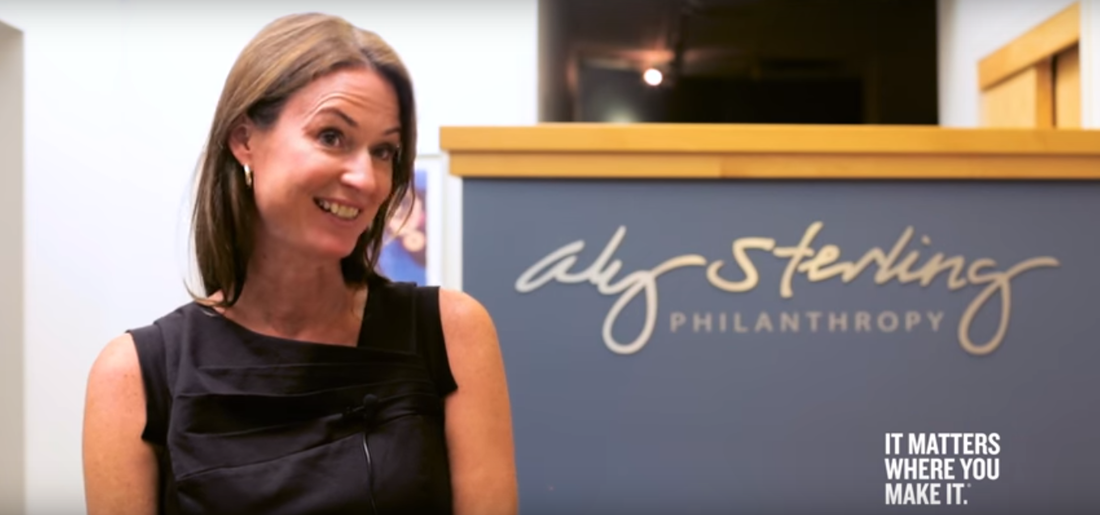They want to know about the extremes – from the strange case studies and the “no he didn’t” examples of bad boardroom behavior to what ultimately brings a board or executive director to call us and seek help.
They ultimately want to know which issues we see most often and if their own board experience is “normal.”
As with any ecosystem, you need a good mix of people and processes that collectively add value and create diverse and powerful outcomes for the whole.
Anyone who has survived a particularly bad board experience can probably zero in on a few key reasons for the failure. Likewise, we can point to a handful of offenses that present themselves in just about every major board meltdown. Here are our top five:
1. Not questioning what doesn’t make sense to you.
If you don’t understand something you are reading or hearing during a board meeting --- ask someone to clarify. Immediately. Don’t second-guess yourself or think that you are the only one who must not get it. I promise you, if you are shaking your head, so are others. Think Enron.
2. Getting out of your lane and into someone else’s.
Board members have a different job description than staff members, and it includes different responsibilities, roles and rules of engagement. When lines get crossed it is usually with the best of intentions. Taking a call from a staff member who needed to vent. Assisting with an activity that should be a staff function, just for a little bit. Then suddenly your find yourself six-months later, micro-managing operations. This is the number one reason for board dysfunction – 30,000 feet becomes 3 inches.
3. Zoning out.
If you can’t fully serve, don’t accept the position. You have a fiduciary and legal obligation to be present and aware of what transpires at each board meeting. We all miss a few, but be sure to read the minutes if you do. And don’t show up at the next one expecting people to repeat old business for your benefit. If your life changes and the commitment is too much, just talk to your board about taking a break.
4. Getting off agenda. And pulling everyone else with you.
If you are like me, I think of a whole bunch of new ideas during the course of a board meeting. The margins of my board agenda are filled with scribbles to remember to follow-up with someone about something. However, the best advice is to save your newly-hatched ideas for after the meeting. If they really are germane to the current strategy, considering bringing them up in the new business section of the agenda. But resist the urge to go on a tangent or resurrect something from the past. Be respectful of everyone’s time and attention to priority needs. There’s no better way to make enemies than to become this person.
5. Oops, we did it again: forgot the annual board and director evaluation. We can only see the forest for the trees if we have an aerial picture. And the cool thing is, an annual board and executive director evaluation is just that: an aerial visual of our board’s full performance and the powerful relationship it has built with our paid leader. If there are issues, they will surface here in an objective way and you will be given the opportunity – proactively – to make corrections and changes before things get too off-course. Your governance committee should be in charge of scheduling and executing.
6. Not being impeccable with your word (yes, I know, that’s six and I could have been more impeccable).
Ever hear of the “parking lot” board meeting, held about five minutes after the real one? People joke about the candor contained in the conversations held post-board meeting, insinuating that they didn’t feel that they could share their concerns with the full group. While this can be true for a myriad of reasons, it’s one of the most harmful things you can do. I’m a huge follower of the Four Agreements (http://www.miguelruiz.com/) and being impeccable with your word is most vital to the health of an organization. Our words define us and create consequential meaning – negative or positive - for others.
Will avoiding all of these result in a perfect board or perfect board experience? Not a chance. Our common goal should not be an elusive state of perfection, but instead, an ecosystem that is always evolving for the better through commitment to transparency, vulnerability, diversity and accountability.




 RSS Feed
RSS Feed
